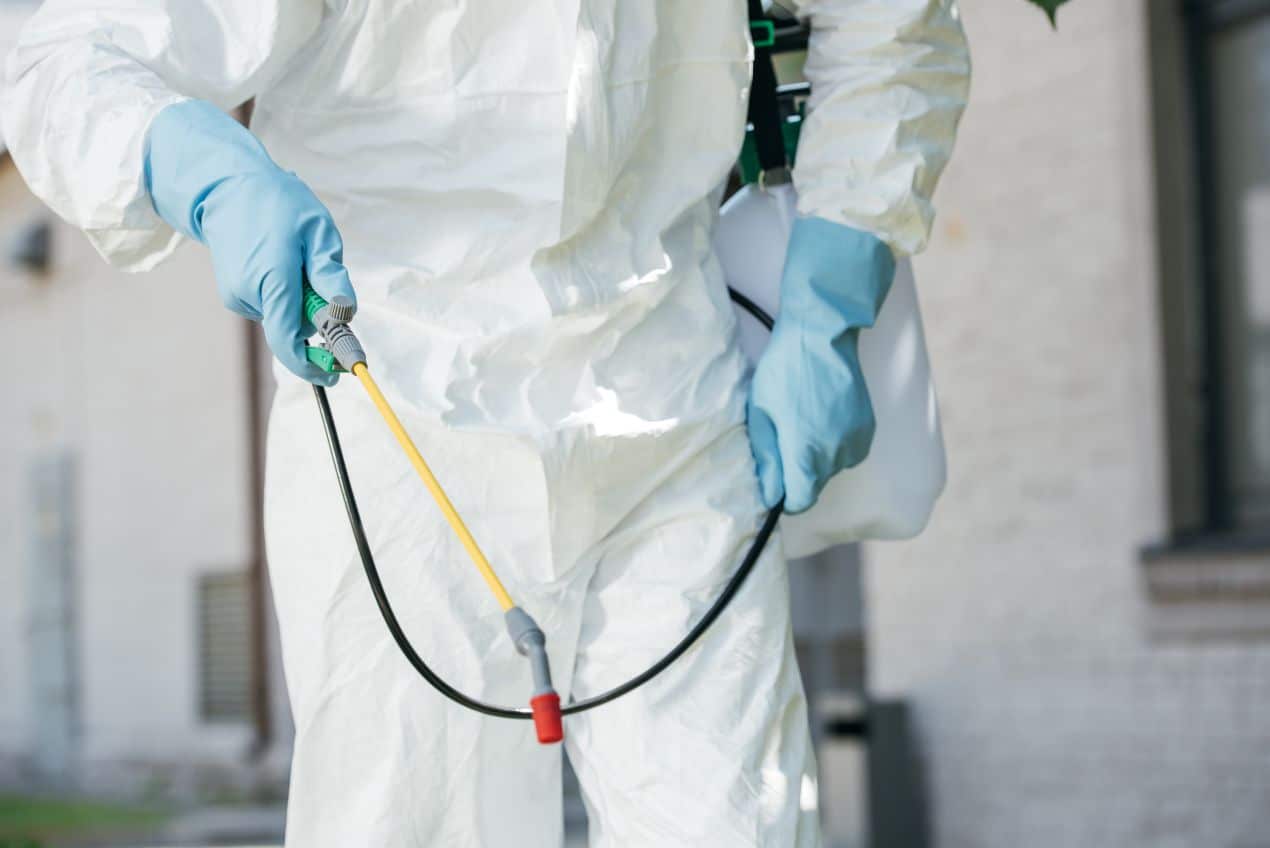Southern Maine is known for its rugged coastlines, charming small towns, and vibrant outdoor lifestyle. But living close to nature also means sharing space with pests—mosquitoes buzzing around patios, ticks lurking in tall grass, or ants finding their way into kitchens.
At some point, nearly every homeowner searches for effective pest control solutions to reclaim their living spaces and enjoy the outdoors comfortably.
Why Pest Control Is Essential in Maine
Maine’s climate provides a unique mix of challenges. Cold winters keep some insects at bay, but warm, humid summers create prime breeding conditions for others. Add in wooded backyards, coastal marshes, and lakeside properties, and you have an environment where pests thrive.
Without proper management, these pests can cause more than just irritation:
- Health concerns: Mosquitoes and ticks carry diseases that impact people and pets.
- Property damage: Termites and rodents can silently harm structures, resulting in thousands of dollars in repairs.
- Quality of life: Constant swatting, bites, or kitchen invasions disrupt daily living.
Professional pest services isn’t just about eliminating nuisances—it’s about protecting your home, health, and peace of mind.
Common Pests in Southern Maine
Residents of Southern Maine deal with a mix of household and outdoor pests. The most frequent culprits include:
- Mosquitoes: Active from spring through fall, they’re a constant presence near water and shaded areas.
- Ticks: Lyme disease is a major concern in Maine, making tick prevention critical for families and pets.
- Ants: From carpenter ants damaging wood to sugar ants searching for sweets, these invaders are persistent.
- Mice and rodents: When the weather cools, they seek warmth inside basements, attics, and walls.
- Spiders: Mostly harmless, but their presence is unsettling indoors.
- Termites: Less visible but extremely destructive if infestations go unnoticed.
Understanding these pests helps homeowners stay vigilant and proactive.
DIY Fixes vs. Professional Pest Services
It’s tempting to rely on DIY methods—such as sprays, traps, or home remedies—to keep pests away. While these may work temporarily, they often fail to address the underlying issue.
DIY Challenges:
- Store-bought sprays kill visible pests but miss colonies or nesting areas.
- Misused chemicals may be harmful to kids, pets, or the environment.
- Infestations often return if root causes aren’t addressed.
Professional Benefits:
- Targeted treatments that focus on breeding grounds and hidden entry points.
- Long-term prevention strategies, not just one-time fixes.
- Family- and pet-safe options that protect without overusing harsh chemicals.
- Expertise in dealing with Maine’s specific pest patterns.
In the long run, working with professionals saves time, money, and stress.
Eco-Friendly Approaches to Pest Control
More families today seek solutions that are effective against pests but gentle on the environment. One widely recommended method is Integrated Pest Management (IPM), which combines prevention, monitoring, and targeted treatments. Examples of IPM practices include:
- Eliminating standing water where mosquitoes breed.
- Sealing entry points to prevent rodents from sneaking inside.
- Trimming vegetation to reduce tick habitats.
- Using the least-toxic treatments first, reserving stronger measures only when needed.
Tips for Homeowners in Southern Maine
Even before calling in professionals, there are practical steps every homeowner can take to reduce pest problems:
- Check gutters: Clean out leaves and debris to prevent water from standing.
- Seal cracks and gaps: Close off entry points around windows, doors, and foundations.
- Store firewood properly: Keep stacks away from the home to avoid attracting termites and rodents.
- Maintain lawns and gardens: Trim grass and shrubs to minimize tick habitats.
- Inspect pets: Regularly check dogs and cats for ticks after they have been outdoors.
These small adjustments make a big difference in reducing pest activity.
Choosing the Right Pest Removal Partner
Not all providers are the same. When searching for pest services in Southern Maine, look for:
- Local expertise: Providers familiar with Maine’s pest challenges.
- Safe practices: Treatments that consider kids, pets, and pollinators.
- Flexible options: Both one-time treatments and seasonal prevention plans.
- Strong reputation: Positive reviews and trusted community presence.
The right partner won’t just solve a current issue—they’ll help you prevent future ones.
Seasonal Control in Maine
Pest problems often change with the seasons in Southern Maine.
Spring brings an uptick in ant activity and early mosquito activity, while summer is the peak time for ticks and biting insects. As the weather cools in fall, rodents and spiders tend to move indoors, seeking warmth. Even in winter, pests like mice can remain active inside homes.
Due to this seasonal cycle, many families find that year-round pest removal plans are more effective than one-time treatments. Staying ahead of these seasonal patterns ensures your home is always protected, no matter the time of year.
Protecting Your Home and Your Peace of Mind
Effective pest control in Southern Maine goes beyond eliminating bugs or rodents—it’s about creating a safe, comfortable, and enjoyable living environment. By combining preventive habits with the expertise of local professionals, homeowners can safeguard their health, protect their property, and make the most of their outdoor spaces. Whether it’s mosquitoes by the shoreline, ticks in wooded backyards, or ants in the kitchen, you don’t have to fight pests alone. With the right help, your home can stay the welcoming retreat it was meant to be.
Note: Sponsored Blog Post

